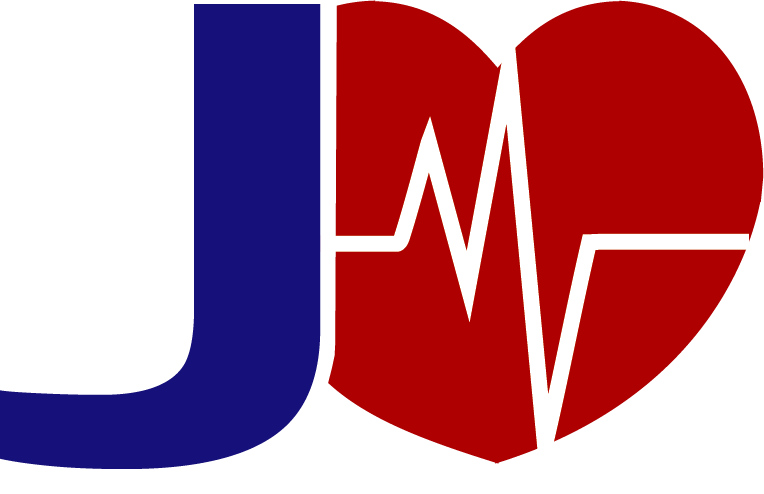Oral Herpes
Last updated: 23 Jun 2025 | 2463 Views |


![]()
Oral Herpes
Oral Herpes: What You Need to Know
Oral herpes is caused by the Herpes Simplex Virus (HSV), which usually presents as a sore on the lips or, in rare cases, on the mouth and other parts of the face. Sometimes, the infection may not cause symptoms immediately after infection, so infected people may not know that they are carriers until symptoms occur.
1. Causes and transmission of oral herpes
HSV-1 is the most common cause of oral herpes, but in rare cases, HSV-2, which is usually associated with genital infections, can also cause oral herpes. Transmission is most often through contact with an open herpes sore or contact with an infected object, such as kissing or sharing personal items such as handkerchiefs, toothbrushes, or cosmetics. Infection can occur without obvious symptoms (asymptomatic shedding), which means that an infected person can spread the virus even if there are no visible sores.
2. How HSV works
After HSV enters the body through contact with an infected area, Or skin contact, the virus travels to nearby nerves, especially the nerve cells in the muscle cells of the mouth (trigeminal nerve), which is the nerve responsible for perception of the face and mouth. The virus enters the nerve cells and hides in the form of dormant nerve cells (latent infection). When the body receives a trigger factor, such as stress, illness, or change in the environment (such as too much sun exposure), the virus can become active and begin to reproduce in the area where it was previously infected, causing a recurrent outbreak.
3. Symptoms of herpes on the mouth
Incubation period: After infection, symptoms may not appear immediately. There will be an incubation period of about 2-12 days before symptoms begin to appear. Initial symptoms: Usually, people who are initially infected may have symptoms of burning, itching, or pain in the lips or mouth before the sores develop into blisters or sores that break into wet sores and may have yellow discharge. Other symptoms: In some cases, there may be fever, chills, headache, or muscle aches, which are symptoms found in the early stages of infection. Healing period: The sores from the infection will disappear within 7-10 days if there is no re-infection.
4. How to diagnose herpes on the mouth
Diagnosing oral herpes is usually easy to do by clinical examination, such as looking for blisters on the lips or inside the mouth. However, laboratory tests may be needed to confirm the infection, such as a PCR test or a viral culture of the sore.
5. Treatment of oral herpes
Antiviral drugs: Treatment of oral herpes usually focuses on reducing the severity of symptoms and duration of the infection by taking antiviral drugs such as acyclovir, valacyclovir, or famciclovir. Taking antiviral drugs from the onset of symptoms can help reduce outbreaks and reduce the severity of the sores. Anti-inflammatory drugs: Such as using skin creams or medications to relieve pain and inflammation from herpes sores.
Symptomatic treatment: Using fever reducers and pain relievers to reduce discomfort.
6. Prevention of oral herpes
There are several ways to prevent the spread of HSV, such as:
• Avoid contact with herpes sores or people who have an outbreak.
• Do not share personal items such as handkerchiefs, toothbrushes, or cosmetics.
• Wash your hands frequently, especially after touching the area with a herpes sore.
•Avoid touching sores during outbreaks to prevent transmission.
7. Long-term effects of herpes on the mouth
Although herpes on the mouth is not serious, repeated infections can affect the quality of life, especially for those who have frequent outbreaks. Oral infections can be very painful and affect self-confidence. In some cases where outbreaks cannot be controlled, there can be psychological effects such as anxiety. If you have persistent and frequent herpes on the mouth, you should consult your doctor to find the right treatment or prevention.![]()
Summary
Oral herpes is caused by the HSV-1 virus. It has blisters, is painful, and itchy, and can recur. It can be treated but not completely cured. Prevent by not touching the sores or sharing things.
Related content
Diaper rash
19 Jun 2025
Shigellosis
16 Aug 2023
Athletes Foot
23 Jun 2025
Molluscum contagiosum
23 Jun 2025











